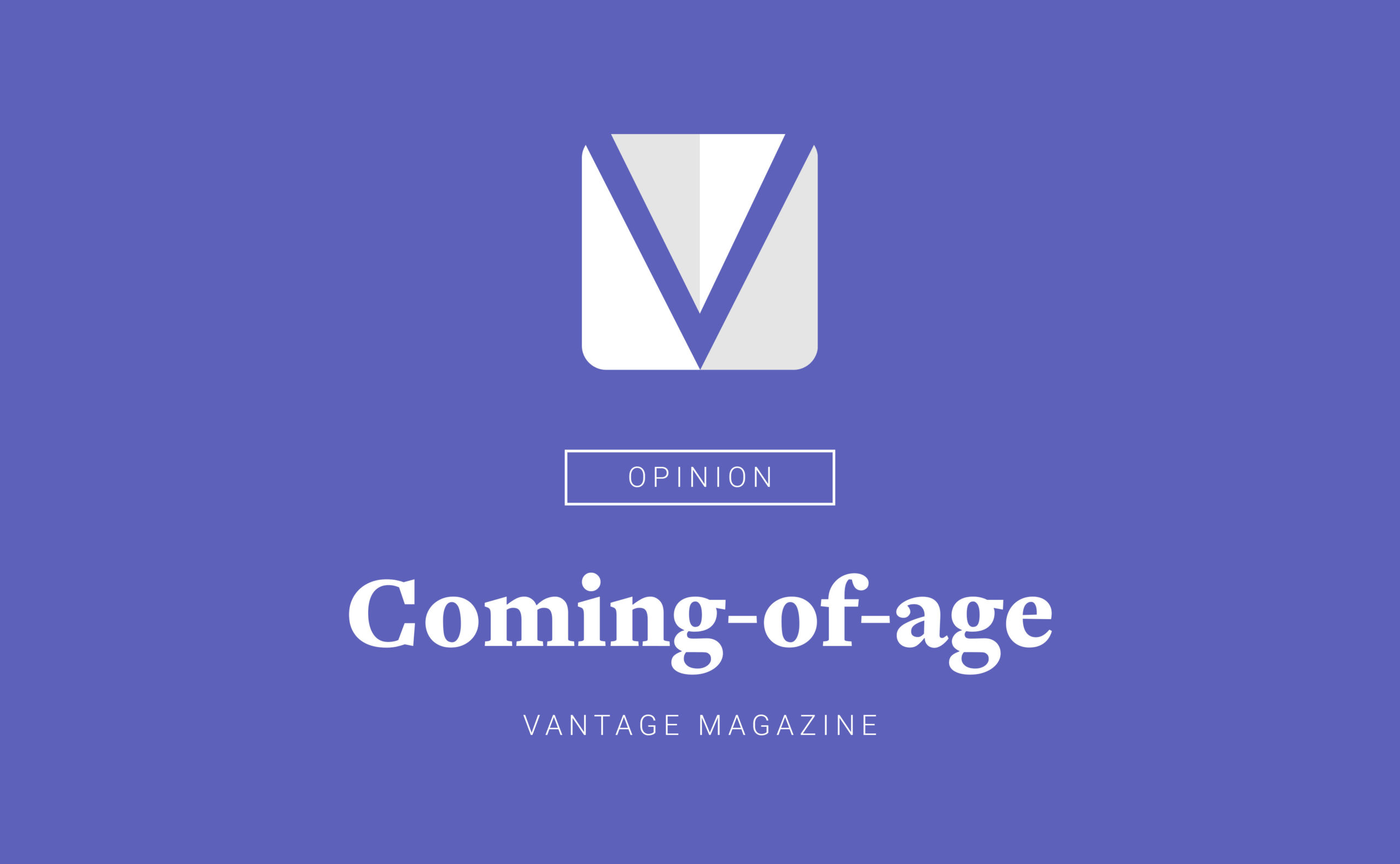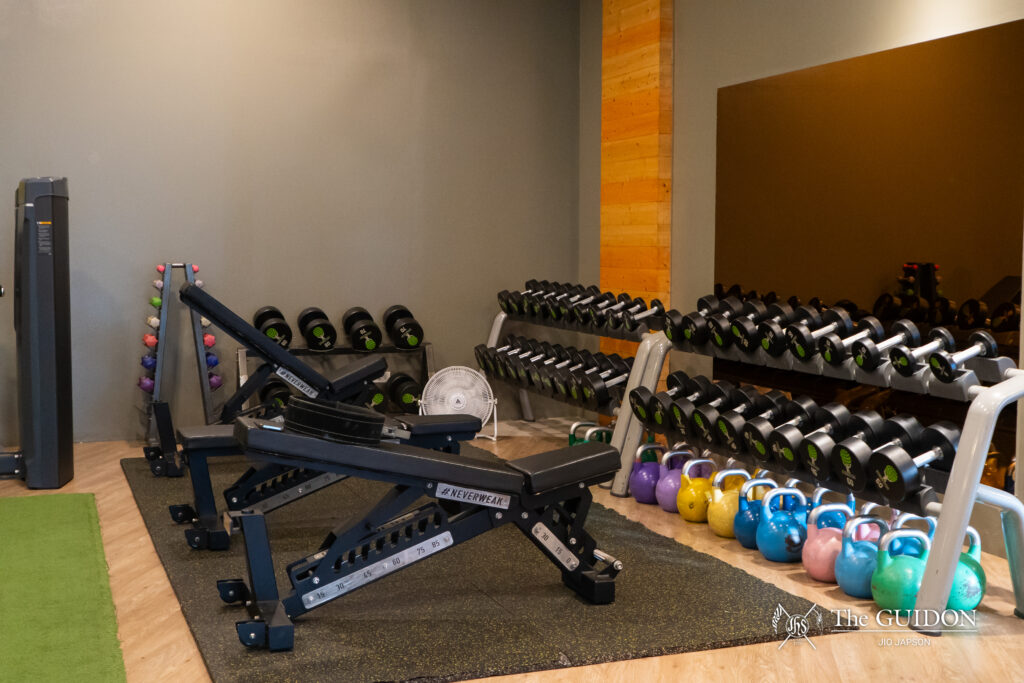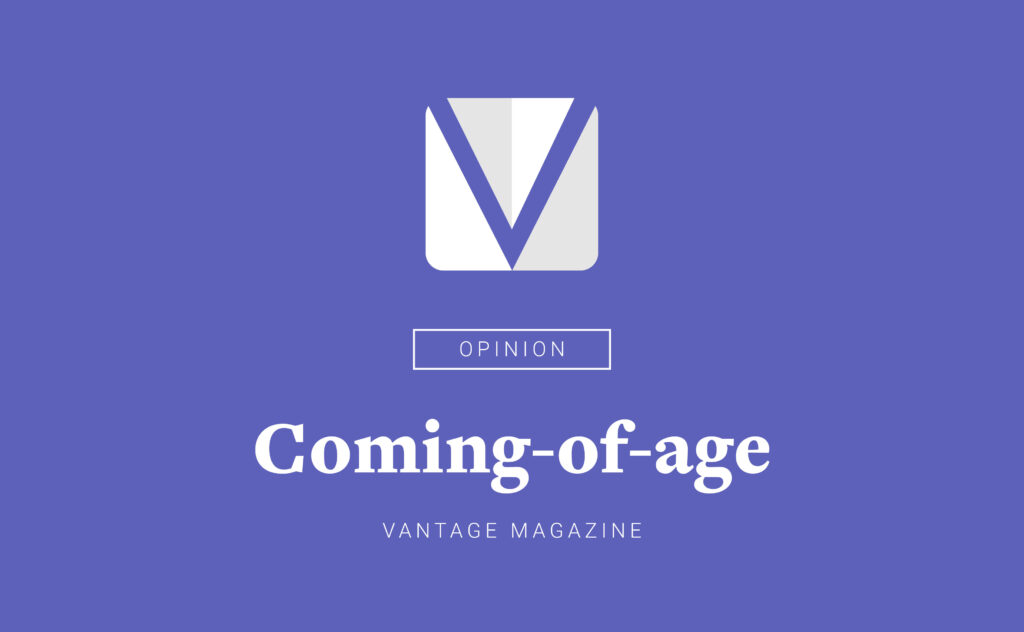Coming-of-age is a Vantage column where staffers share their opinions on a specific beat. From in-depth analyses of TV series to miscellaneous musings in music (and everything in between), this monthly column is an avenue to spread and inspire thought-provoking ideas.
In this column, Vantage Magazine Staffer Ena talks about her recent run-ins with true crime podcasts, and how these cases allow her a glimpse at justice.
I’M NOT one to shy away from mediated fear. I’m the first in the group to suggest the latest horror release for movie night and the one constantly sending videos of death-defying tourist attractions. One genre I can’t seem to get a grip on, though, is thriller.
I’ll sit through every single jump scare James Wan will throw at me, but I’m the first one out when things go south in The Lovely Bones. It’s easy to pretend that ghosts aren’t real and that they can’t really hurt you, but it’s much harder to pretend that people are harmless.
It’s a little strange, then, to think that when I have my earphones on, three times out of five I’m listening to a true crime podcast. Sometimes, I believe I’m able to do so because the audio-only form creates the illusion of safety. Not having to see the nightmare unfold feels enough to disarm any immediate threat. Most times, though, my interest in this form of media stems from how much it reveals about justice and the intersections of the law—and the lives of those it works so hard to protect.
A true crime podcast is exactly what it sounds like: An audio production where the hosts talk through and occasionally dissect cases of true crime. One of my favorite things about this genre is its ability to discuss the law, forensics, and psychology while attempting to understand the human element behind crime. I enjoy hearing about how investigators collect and dissect evidence, and how the advancement of technology has played a tremendous role in bringing many cold cases to rest.
Listening to the deconstruction of motive and the psychology behind why people do what they do reveals many gaps in the justice system. It’s incredibly important to have great writing and storytelling skills to keep any audience engaged for a non-fictional—often fact-heavy—piece. It’s part of why this platform is so riveting, and why the most successful true crime podcasts unveil a deeper narrative about justice.
There’s a great and deep sense of responsibility on the podcasters’ end to convey the depth and gravity of these crimes. These criminals leave behind a chain of hurt; one act can traumatize the victim, their families, friends, and even community members. This chain cannot simply end with the closing of a case, either.
These podcasts are bringing to light many stories of pain and suffering in the hopes that looking back on the past will help us put an end to a violent cycle.
Given all of this, it’s worth noting that many of the cases I listen to take place in the United States. I have yet to come across a true crime podcast that explores the workings of the justice system in the Philippines. I’m also well aware that these podcasts are compressed versions of a much bigger and much more cruel reality for many of the victims involved. It’s my responsibility as a consumer to approach these with respect, always remembering that a human being is at the heart of these stories.
There’s a lot of fear in the world that isn’t caused by the paranormal. Most times, many of these fears are exacerbated by systematic lapses that fall on entire institutions. A lot of these cases are frustrating because they don’t end with a clear-cut answer—and when you expect the system to work in the victims’ favor, it sometimes doesn’t.
At times, it can feel like there’s too much suffering to bear, but we must remember that stories can heal. In revealing the darkest sides of society, what these true crime podcasts are really calling for is humanity. We might be far from a perfect justice system, but we don’t have to be far from being empathetic human beings. These podcasts attest to the fact that justice is a daily value to uphold just as much as it is a judicial one. In all ways, may it be uncompromising.
Got an idea for an opinion piece you want to share with us? Send your pitch to vantage@theguidon.com using your OBF email, and we’ll reply to you within five (5) working days!






